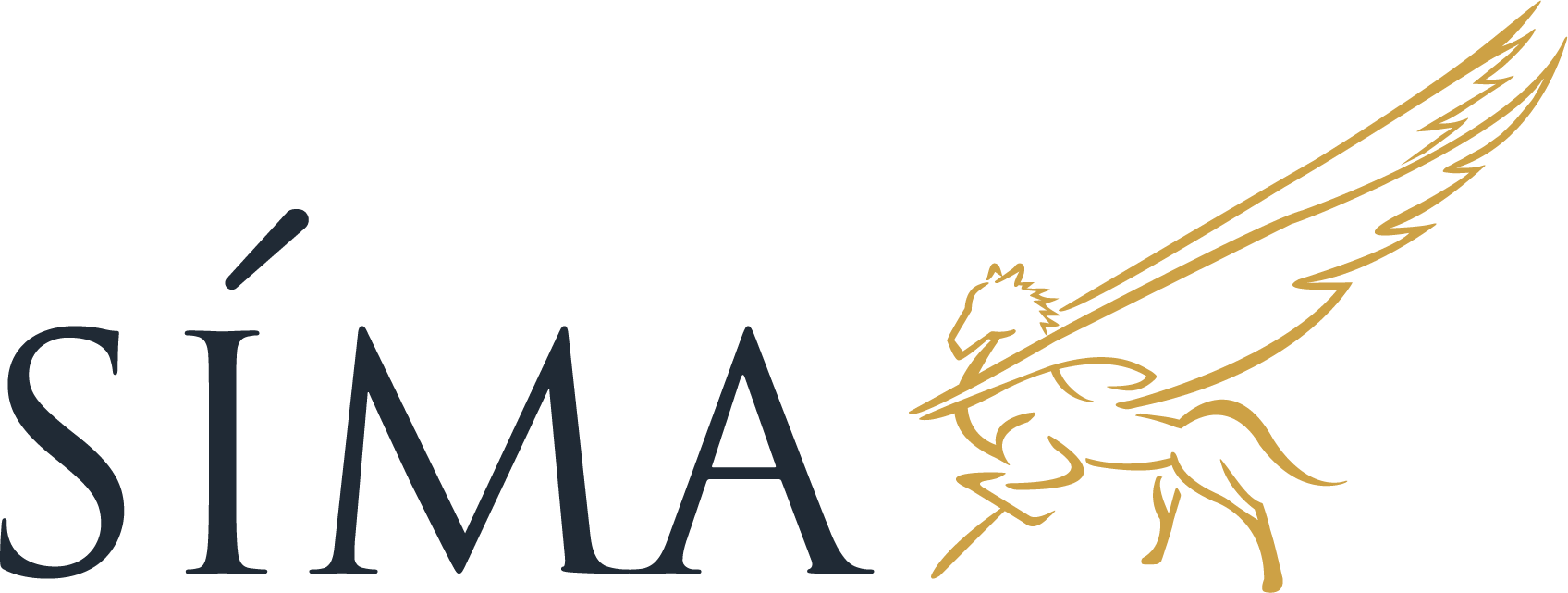On Jan. 13, 2022, the Supreme Court of the United States (SCOTUS) ruled to stay the Occupational Safety and Health Administration’s (OSHA) vaccination and testing emergency temporary standard (ETS). The ETS was developed to establish a mandatory vaccination policy requirement for private employers with 100 or more employees.
ETS Litigation
The ETS went into effect on and has been in litigation since Nov. 5, 2021. It was blocked by the 5th U.S. Circuit Court of Appeals early on but was reinstated by the 6th Circuit on Dec. 17, 2021.
SCOTUS Reasoning
In its published decision, SCOTUS stated that OSHA was not given the power to regulate public health more broadly than occupational dangers. In addition, SCOTUS explained that challenges to the ETS were likely to succeed on the merits because the agency lacks the authority to impose the mandate. Specifically, the OSH Act only allows the agency to set workplace safety standards, not broad public health measures.
Finally, the court argues that the requirement that employees either become vaccinated or undergo weekly testing is not an exercise of federal power. Instead, SCOTUS stated the ETS represents a “significant encroachment into the lives—and health—of a vast number of employees.”
Impact on Employers
Given this new stay, employers are not required to comply with the OSHA ETS vaccination and testing mandate at this time. However, because the case has been sent back to the 6th Circuit, employers will need to continue monitoring legal developments to learn about a final decision on the ETS.
Important Dates
Dec. 17, 2021
The 6th Circuit reinstates the ETS.
Jan. 13, 2022
SCOTUS stays the ETS and sends it back to the 6th Circuit.
This content is not intended to be exhaustive nor should it be viewed as legal or tax advice. Information presented is believed to be current and is provided for general information and educational purposes based upon publicly available information from sources believed to be reliable. We cannot assure the accuracy or completeness of this information. It is not intended as a thorough, in-depth analysis of specific issues, nor a substitute for a formal opinion, nor is it sufficient to avoid any penalties. You should always consult an attorney or tax professional regarding your specific legal or tax situation. This information may change at any time and without notice.
© Zywave, Inc. All rights reserved.
